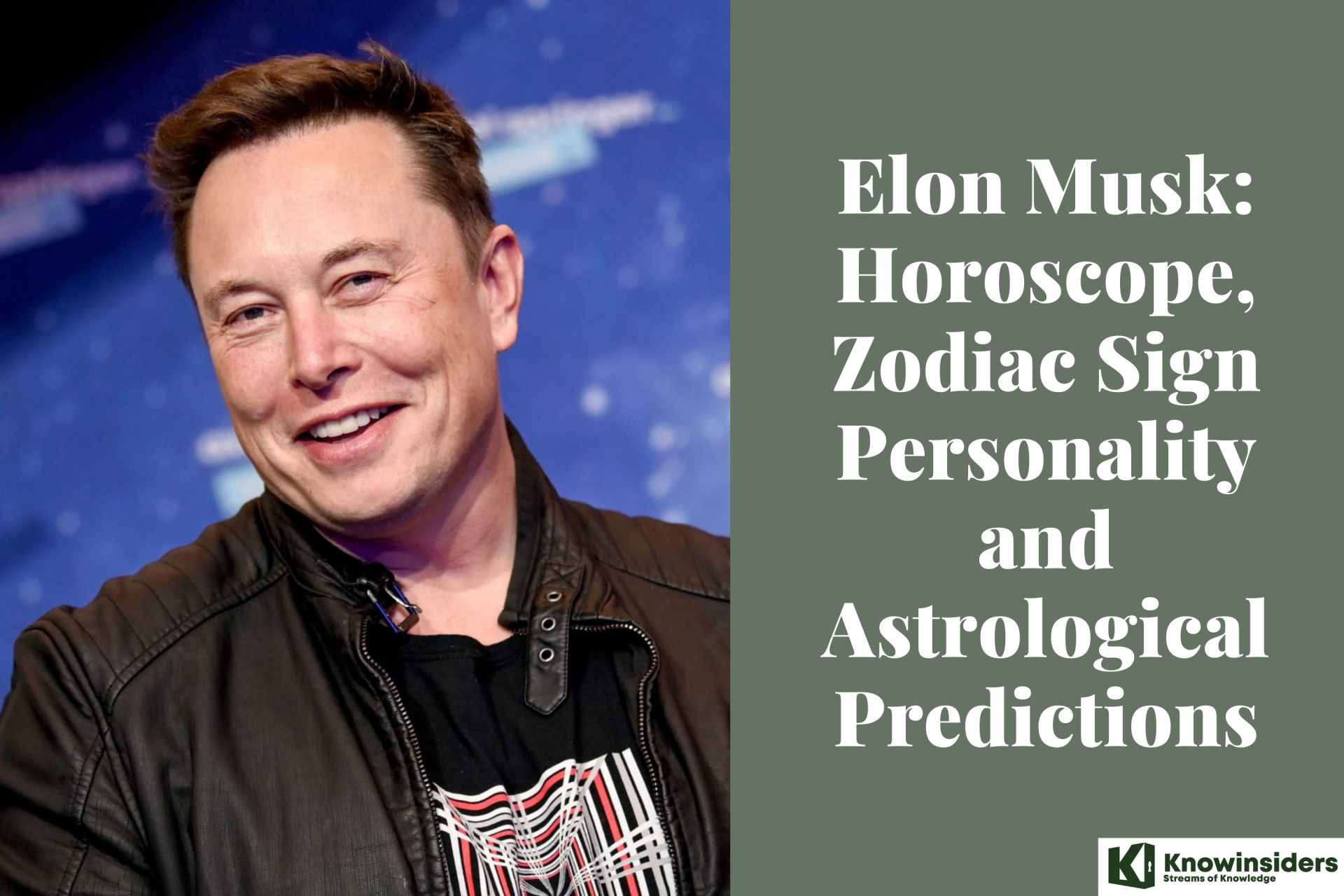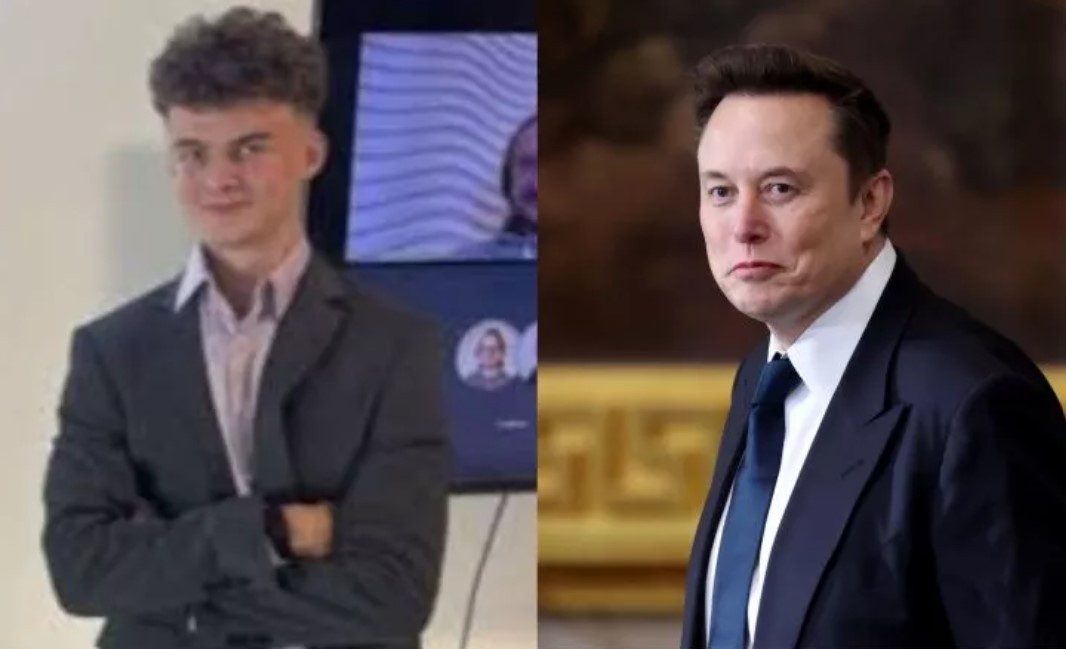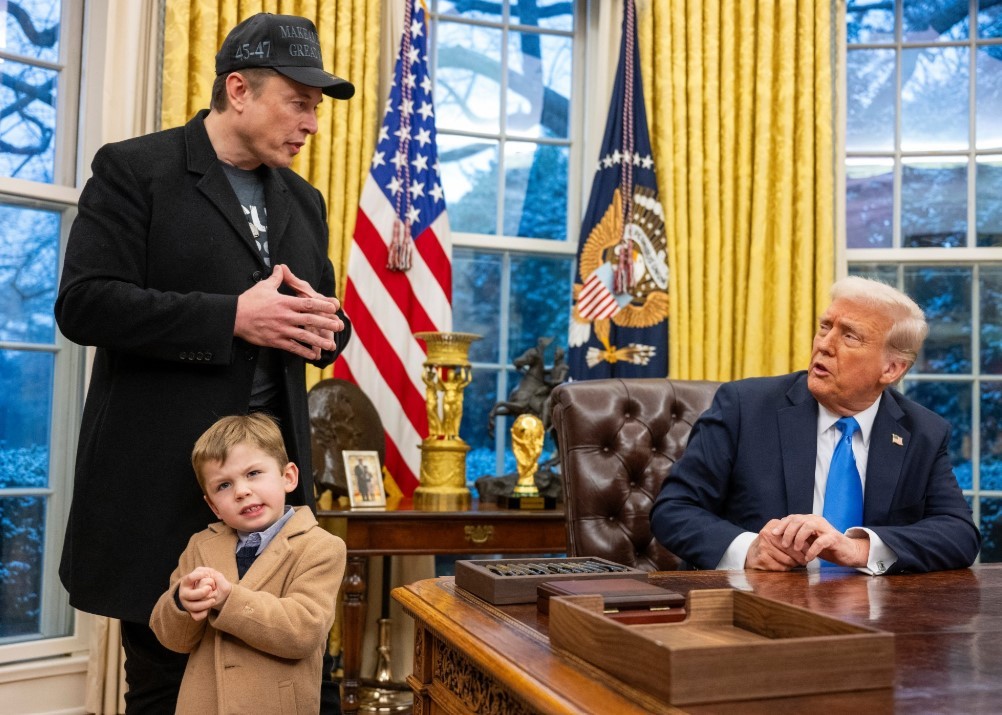DOGE: What Will Musk Actually Do?
Unlike traditional government departments, DOGE is structured as an advisory body, meaning Musk will not hold an official cabinet position but instead act as a senior advisor.
This unique arrangement raises important questions: How will Musk operate DOGE? Can he balance his private business interests with his public advisory role? And does the law allow a private citizen like Musk to wield such significant influence over federal operations? This article explores these issues in depth, examining Musk’s potential responsibilities, the legal framework surrounding his role, and strategies to mitigate conflicts of interest.
 |
| How Will Elon Musk Run DOGE |
The Structure and Purpose of DOGE
What Is DOGE?
The Department of Government Efficiency (DOGE) is a federal advisory body tasked with modernizing government operations, reducing waste, and improving transparency. Unlike traditional departments such as Defense or Treasury, DOGE does not wield regulatory or enforcement power. Instead, it provides recommendations to existing federal agencies on how to streamline processes and cut inefficiencies.
Elon Musk’s Role
Elon Musk’s appointment as the head of DOGE positions him as a high-profile advisor to President-elect Donald Trump. Musk’s responsibilities will likely include:
• Overseeing Audits: Conducting reviews of federal agencies to identify inefficiencies and areas for cost reduction.
• Advising on Technology: Recommending the integration of cutting-edge technologies, such as artificial intelligence and automation, into government operations.
• Promoting Innovation: Encouraging partnerships between government and private industry to modernize federal systems.
• Enhancing Transparency: Developing tools to track and share government spending data with the public.
While Musk will not have direct decision-making authority, his influence as an advisor could shape significant policy directions.
Learn more: Could Elon Musk Have an Official Role in Trump’s 2.0 Cabinet?
Legal Considerations
Can Elon Musk Legally Run DOGE?
As an advisory body, DOGE operates within the framework of the Federal Advisory Committee Act (FACA). This law governs how non-governmental experts, like Musk, can provide advice to federal agencies and ensures transparency and accountability in the advisory process. Under FACA, advisory committees must:
• Operate publicly and disclose their recommendations.
• Avoid allowing advisory members to make binding decisions.
• Ensure that no conflicts of interest compromise the committee’s integrity.
Musk’s role as an unpaid advisor likely complies with these legal requirements. However, his extensive business interests in industries regulated by the federal government—such as energy, transportation, and aerospace—could create potential conflicts of interest.
Conflict of Interest Laws
Federal law prohibits individuals in advisory roles from using their positions to advance personal or business interests. Specifically:
• The Ethics in Government Act requires transparency in financial disclosures for individuals in influential advisory positions.
• The Conflict of Interest Statutes (18 U.S.C. § 208) prohibit advisors from participating in matters where they have a financial interest.
Given Musk’s leadership of Tesla, SpaceX, Neuralink, and The Boring Company, his involvement with DOGE could invite scrutiny under these laws. For example, if DOGE recommends policies that benefit renewable energy or electric vehicle industries, Musk’s role could be perceived as self-serving.
Avoiding Conflicts of Interest
To address these concerns, Musk will need to implement measures that ensure his role remains transparent and free of undue influence. Strategies may include:
Recusal from Specific Topics: Musk could formally recuse himself from advising on policies directly related to industries where his companies operate. For instance, he might avoid involvement in discussions about electric vehicle incentives or government contracts for aerospace services.
Financial Firewalls: Establishing clear boundaries between DOGE operations and Musk’s private business interests would be crucial. This could involve delegating certain tasks to co-leader Vivek Ramaswamy or other advisory members.
Public Disclosures: Musk should disclose any potential conflicts of interest and document how DOGE’s recommendations align with public, rather than private, interests.
Third-Party Oversight: Bringing in independent ethics officers or external auditors to monitor DOGE’s activities could ensure compliance with federal laws and maintain public trust.
What Will Musk Actually Do?
 |
| Elon Musk has been appointed as the head of DOGE |
Leveraging Technology
Musk’s expertise in technology and innovation will likely play a central role in DOGE’s operations. Potential initiatives could include:
• Artificial Intelligence (AI) Integration: Using AI to automate government processes, such as data analysis and administrative workflows.
• Digital Infrastructure Upgrades: Modernizing outdated systems, including those used for tax collection, public benefits administration, and defense logistics.
• Blockchain for Transparency: Exploring blockchain technology to track government spending and improve accountability.
Promoting Efficiency
DOGE’s primary mission is to identify inefficiencies and propose actionable solutions. Musk’s business experience—particularly his ability to scale operations at Tesla and SpaceX—positions him to recommend:
• Consolidating redundant federal programs.
• Streamlining procurement processes to reduce waste.
• Adopting private-sector best practices to improve productivity.
Building Public-Private Partnerships
Musk’s leadership at DOGE could foster collaborations between federal agencies and private companies. For example:
• Partnering with tech firms to develop cybersecurity solutions.
• Encouraging private investment in public infrastructure projects.
• Leveraging commercial expertise to modernize government services.
Challenges Ahead
While Musk’s appointment has generated excitement, it also raises significant challenges:
• Public Perception: Critics argue that Musk’s high-profile role could blur the line between public service and private gain, undermining public trust in DOGE’s mission.
• Complex Bureaucracy: Federal agencies often resist change, and implementing DOGE’s recommendations may require navigating entrenched bureaucratic systems.
• Political Opposition: Some lawmakers have already questioned the legitimacy of creating DOGE and appointing Musk, citing concerns about overreach and conflicts of interest.
• Balancing Priorities: Musk’s responsibilities at Tesla, SpaceX, and other ventures could limit his availability to fully engage with DOGE’s initiatives.
Conclusion
Elon Musk’s leadership of the Department of Government Efficiency presents both opportunities and challenges. As a visionary entrepreneur, Musk has the potential to revolutionize government operations by introducing innovative technologies, cutting waste, and promoting transparency. However, his private business interests and the unique advisory structure of DOGE raise important legal and ethical questions.
To succeed, Musk will need to navigate these complexities carefully, implementing safeguards to avoid conflicts of interest and ensuring that DOGE operates transparently. With proper oversight and a focus on public good, Musk’s role could mark a significant step toward modernizing federal governance.
Whether DOGE becomes a model for efficiency or a flashpoint for controversy will depend largely on how Musk balances his responsibilities as a public advisor with his private business interests. One thing is clear: DOGE represents an ambitious experiment in rethinking how government operates, and Musk is at the center of this transformative effort.
FAQs
1. What is the Department of Government Efficiency (DOGE)?
DOGE is a newly created advisory body under President-elect Donald Trump, tasked with modernizing government operations, reducing waste, and enhancing transparency. It is not a traditional government department but an advisory agency designed to recommend improvements across federal operations.
2. What role does Elon Musk play in DOGE?
Elon Musk has been appointed as the head of DOGE. As an advisor, Musk will oversee audits of federal agencies, recommend technological solutions, and propose strategies to cut inefficiencies in government processes.
3. Why is DOGE called "DOGE"?
The acronym DOGE stands for the Department of Government Efficiency, but it also references the Dogecoin cryptocurrency and meme, which are closely associated with Elon Musk. The playful name reflects the administration’s embrace of innovation and modern culture.
4. Is Elon Musk legally allowed to lead DOGE?
Yes, as DOGE is an advisory body rather than a formal government department, Musk’s role complies with the Federal Advisory Committee Act (FACA). However, he must adhere to conflict of interest laws and avoid using his position for personal or business gain.
5. Could Elon Musk face conflicts of interest?
Yes, Musk’s leadership of companies like Tesla, SpaceX, and The Boring Company creates potential conflicts of interest, especially if DOGE recommendations directly or indirectly benefit industries in which he has financial stakes. Mitigating these conflicts will require transparency, recusals, and independent oversight.
6. How will DOGE operate without regulatory or enforcement power?
As an advisory body, DOGE will provide recommendations to federal agencies and the executive branch. Its effectiveness will depend on the willingness of these agencies to implement DOGE’s proposals and the political support it receives.
7. What are Musk’s top priorities at DOGE?
Musk is expected to focus on:
- Reducing government waste and inefficiencies.
- Modernizing federal systems through AI, automation, and blockchain.
- Promoting transparency in government spending.
- Encouraging public-private partnerships to improve government services.
8. How will DOGE avoid becoming a political or PR tool?
To maintain its credibility, DOGE will need to operate transparently, avoid partisanship, and ensure that its recommendations are based on data and public interest rather than political agendas. Independent audits and public disclosures will be essential.
9. What challenges will DOGE face under Musk’s leadership?
Challenges include:
- Navigating resistance from entrenched federal bureaucracies.
- Addressing public and political skepticism about Musk’s potential conflicts of interest.
- Balancing Musk’s other responsibilities with his role at DOGE.
- Ensuring measurable outcomes from its recommendations.
10. Will DOGE actually achieve its goals?
The success of DOGE depends on several factors: the quality of its recommendations, the willingness of federal agencies to adopt changes, and its ability to navigate political and bureaucratic hurdles. With Musk’s innovative approach, the potential for meaningful change exists, but achieving it will require overcoming significant challenges.
 Who is the Father of Elon Musk: Biography, Personal Life, Career, Net Worth Who is the Father of Elon Musk: Biography, Personal Life, Career, Net Worth Errol Musk is a South African electromechanical engineer, pilot, sailor, and property developer. Check out this biography to know about his biography: his childhood, family, ... |
 Full List of Elon Musk Wives and Girlfriends - Relationship History Full List of Elon Musk Wives and Girlfriends - Relationship History Elon Musk Relationship History: Check out The Complete List of The Famous and Beautiful Women That Elon Musk Has Dated. |
 Elon Musk: Horoscope, Zodiac Sign Personality and Astrological Prediction for Life Time Elon Musk: Horoscope, Zodiac Sign Personality and Astrological Prediction for Life Time Which zodiac sign is Elon Musk? Find out the horoscope, zodiac sign traits, and astrological predictions for Elon Musk's lifetime. |
 Who Is Shivon Zilis - Elon Musk’s Next Baby Mama: Biography, Career, Age, Nationality, Net Worth Who Is Shivon Zilis - Elon Musk’s Next Baby Mama: Biography, Career, Age, Nationality, Net Worth Shivon Zilis has reportedly welcomed twins in 2021 with the Tesla CEO 51-year-old, Elon Musk. So, who is she and what is her relationship with ... |



























